Focus Your Search
Click on the tabs below to guide your initial search. Use filters to expand or scale down the results for each category.

Click on the tabs below to guide your initial search. Use filters to expand or scale down the results for each category.
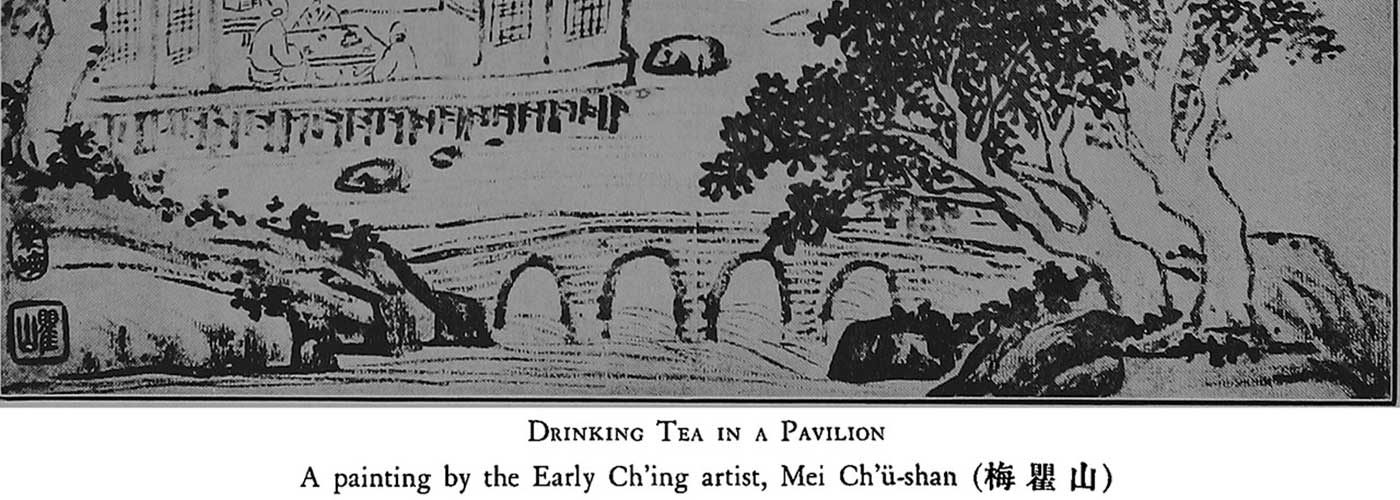
China and the Modern World: Missionary, Sinology, and Literary Periodicals, 1817–1949
This archive is the essential digital primary source collection for researchers of nineteenth- and early twentieth–century China, providing unique, firsthand accounts of the cultural interactions and conflicts that gave rise to today’s modern China.

Literature Criticism from 1400 to 1800
Explores the works of writers, novelists, poets, playwrights, philosophers, political leaders, scientist, and mathematicians from the Late Medieval period through the age of colonial expansion

Smithsonian Collections Online: Trade Literature & the Merchandizing of Industry
This collection, covering 1820 to 1926, allows researchers to determine the history of companies and industries, discern trends in sectors from furniture to machinery, analyze marketing and management techniques, and examine illustrations of the items used at home and in business. The collection exposes technological advances, architectural advances, societal changes, and business history in a way that reveals vital aspects of American culture, society, and history.

Service Lists and Reports of the Chinese Maritime Customs Service and Whangpoo…
This is a collection consisting of the service lists of Chinese Maritime Customs Service and the reports generated by a related institution, the Whangpoo (also Whangpu) Conservancy Board. The Whangpoo Conservancy Board was established in December 1905 as part of the treaty requirements prescribed in the Protocol of Peking signed in 1901 after the Boxer War, with the main functions of carrying out the “straightening of the channel of the Whangpu River and of the improvement of the bars above and below Wusung together with the maintenance of such improvements.” The Board was placed under the joint management of the Shanghai Customs Taotai (a Chinese official) and the Commissioner of Shanghai Customs (a Westerner). The Board compiled and published several series of reports regarding the harbour and port of Shanghai, including a five-section “Shanghai Harbour Investigation Report” and a series of reports entitled “The Port of Shanghai” from 1920-1943. From 1875 to 1948 the Maritime Customs Service of China published annually a Service List, which listed all indoor and outdoor employees. These employees were listed mostly in order of seniority within rank (e.g. Commissioner, Examiner) and by station. From 1892 a new table recording honors was also published in two parts for foreign and Chinese staff respectively. Each Service List included a table of “Withdrawals from Service,” running from mid-year to mid-year. This included the following basic details: name, Chinese name, nationality, position on first appointment, date of first appointment, position on withdrawal, port stationed when withdrawing, date of final withdrawal, mode of withdrawal (resigned, retired, dismissed, etc.), and notes. The data included in these service lists provide the career outlines of all included employees.
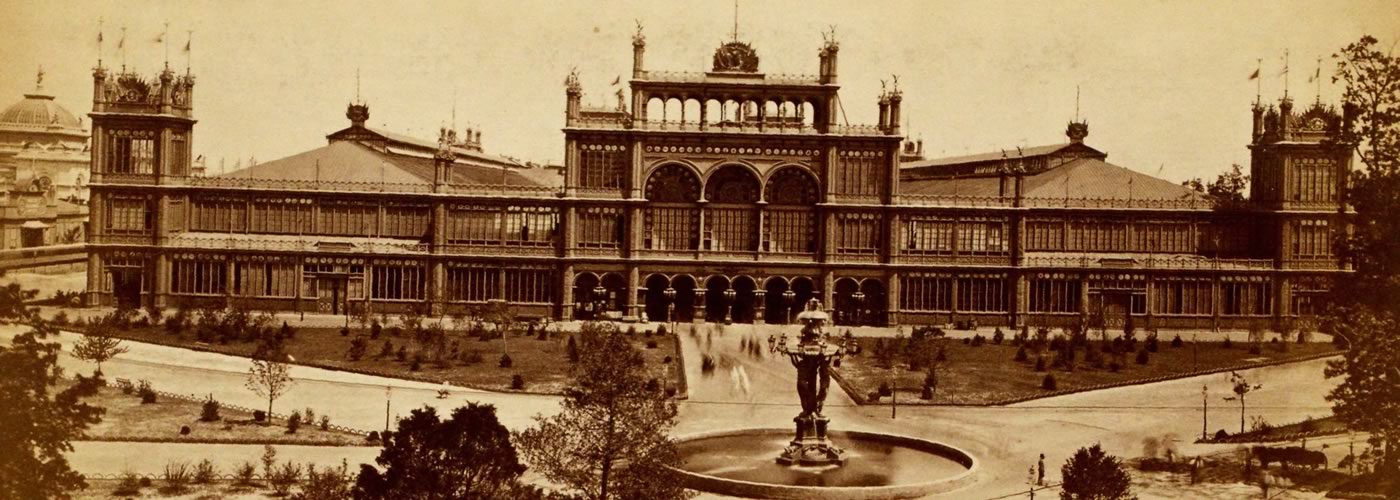
Smithsonian Collections Online: World's Fairs and Expositions, Visions of Tomorrow
With coverage beginning in 1834 and including the pivotal Crystal Palace Exhibition of 1851 in London, this collection allows users to explore key cultural and technological progress that shaped contemporary outlooks on life and reflected national identities.
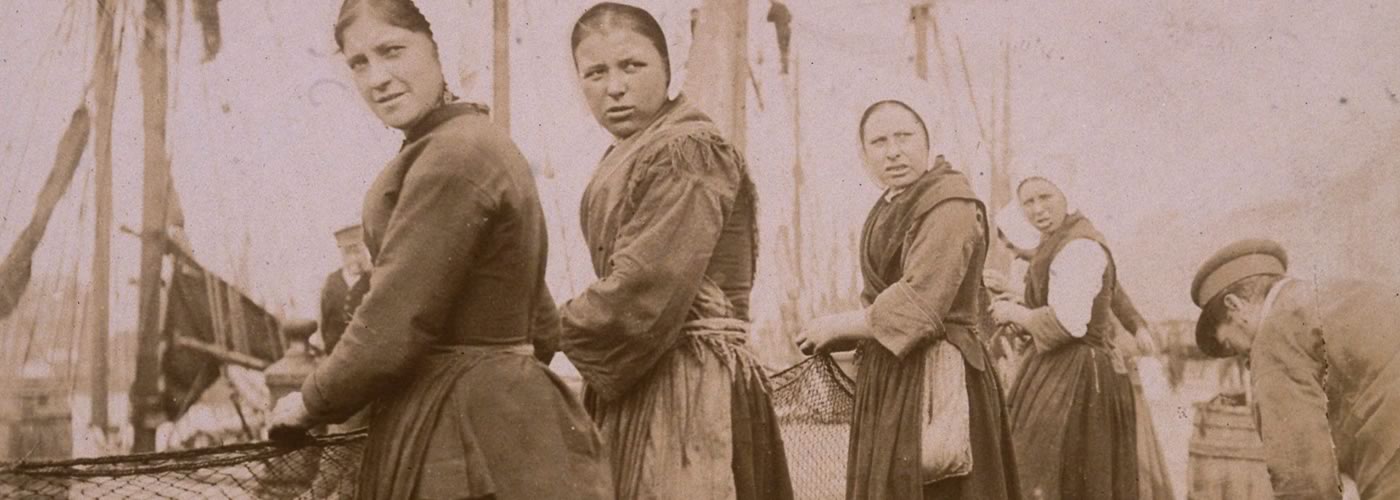
Nineteenth Century Collections Online: Women and Transnational Networks
The Nineteenth Century Collections Online: Women and Transnational Networks collection covers issues of gender and class, igniting nineteenth-century debate in the context of suffrage movements, culture, immigration, health, and many other concerns. Using a wide array of primary source documents, including serials, books, manuscripts, diaries, reports, and visuals, this collection focuses on issues at the intersection of gender and class from the late eighteenth century to the era of suffrage in the early twentieth century, all through a transnational perspective.
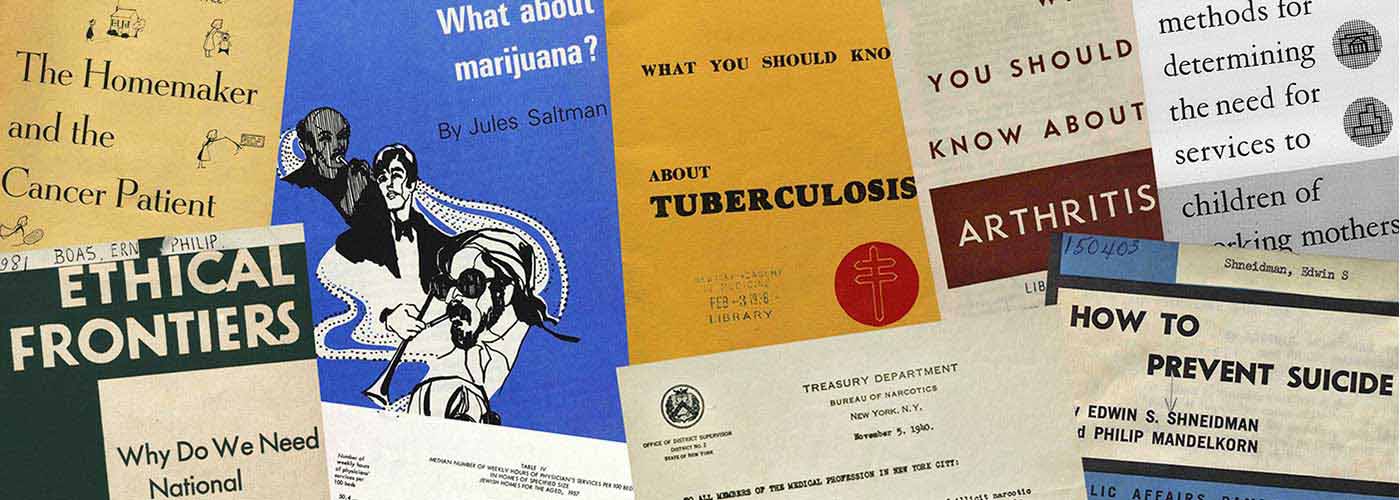
Public Health Archives: Public Health in Modern America, 1890-1970
Public Health in Modern America, 1890-1970 provides scholars with materials that explore the fight for a national health care plan from the end of the Depression well into the 1960s. Content covers medical economics and sociology, medical care, legislation, and the role of key organizations and individuals. The collection’s documentation of the evolution of public health legislation, policies, and campaigns at local and federal levels supports the examination of our past while considering outcomes for our future.
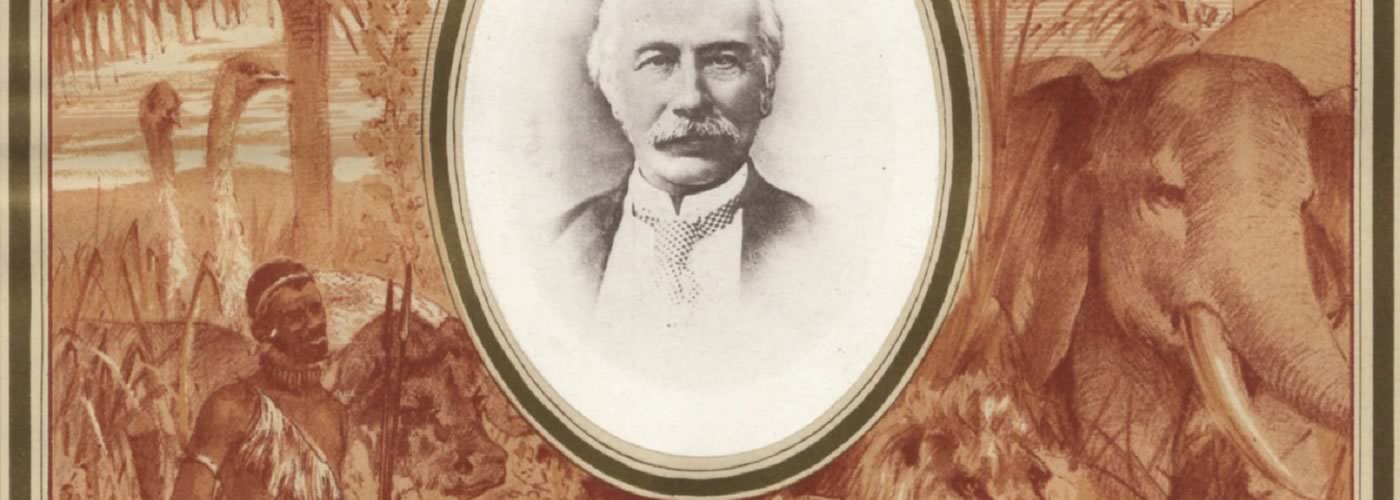
Nineteenth Century Collections Online: Europe and Africa, Colonialism and Culture
Nineteenth Century Collections Online: Europe and Africa, Colonialism and Culture presents a dramatic, gripping chronicle of exploration and missions from the early nineteenth century through the Conference of Berlin in 1884 and the subsequent scramble for Africa. Unique sources provide a wealth of research topics on explorers, politicians, evangelists, journalists, and tycoons blinded by romantic nationalism or caught up in the competition for markets and converts. These monographs, manuscripts, and newspapers cover key issues of economics, world politics, and international strategy.

Punch Historical Archive, 1841-1992
The fully text-searchable online archive of Punch -- Punch Historical Archive, 1841-1992 -- is available for scholars, students, and the general researcher to explore. The archive is an unrivaled resource for researching and teaching nineteenth- and twentieth-century political and social history on key themes such as World War I and World War II; colonialism, imperialism and End of Empire; impact of new technology and modernity; public health, conservation and environmentalism; social change; and the role of women.

Gale Presents: National Geographic Virtual Library People, Animals, and the World
National Geographic: People, Animals, and the World provides unlimited access to digital content that attracts, engages and informs students, educators, researchers and general readers including full-text books, magazines, videos, maps and National Geographic images.

Provides full-text coverage of all business disciplines including accounting, economics, finance, marketing, management and strategy through nearly 4,000 leading business and trade publications, updated daily.

For students and librarians seeking critical commentary and scholarly discourse on influential poems and the world’s most renowned poets.

Enables users to critically analyze the works of the most influential short story authors giving new context to classic fiction.
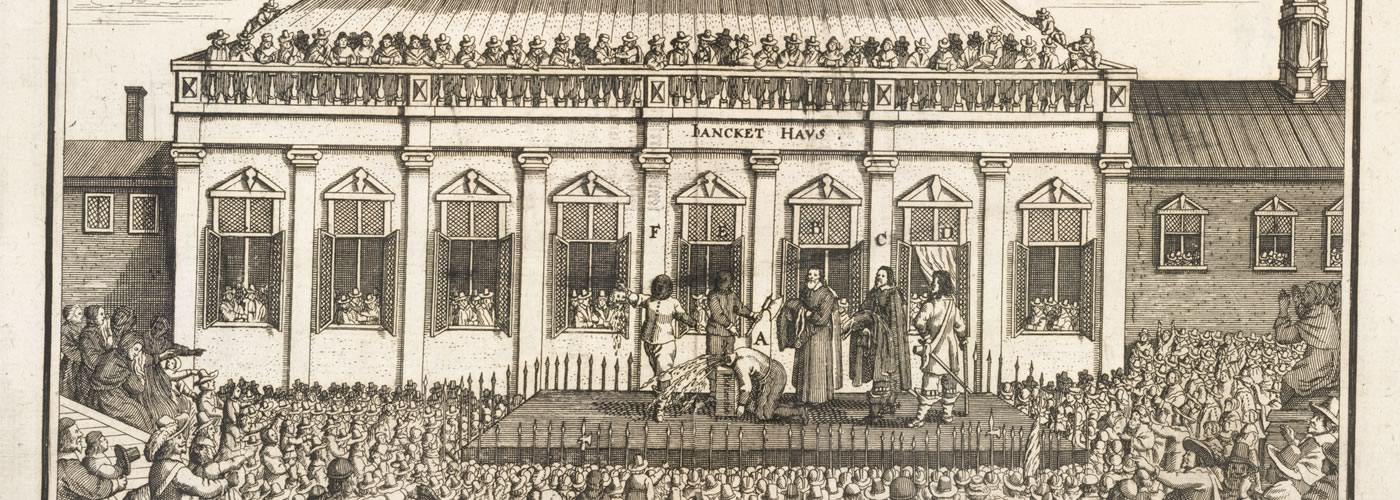
State Papers Domestic for the Stuart era (1603-1714) is the richest primary source archive of its kind to cover national affairs in England in the seventeenth century. The manuscripts and accompanying calendars are vital to any scholar's understanding of this turbulent century of civil strife, revolution, and regicide. Users can explore the nature of monarchy, the details of religious conflict, and the emergence of party politics.

Gale Analytics: Physical Collections
Public libraries can easily learn how their community is using resources by blending unique checkout data with demographic and lifestyle information.

Gale OneFile: Military and Intelligence
Library resource offering authoritative periodical content covering past and present military affairs.

U.S. Relations with Panama and Operation Just Cause
This collection concerns United States relations with Panama, particularly Operation Just Cause and its aftermath. The United States grew increasingly displeased with the regime of Panamanian strongman Manuel Noriega in the late 1980s as Noriega's connections with South American drug cartels became evident. In the summer of 1989, the U.S. became more concerned after Noriega subverted the electoral process and encouraged violence against opposition political opponents. In December 1989, following attacks on members of the U.S. armed forces stationed in Panama, the United States struck back in Operation Just Cause, its mission to restore democratic institutions in Panama and arrest Noriega for his role in international drug smuggling. The brief military operation proved successful, and Noriega, after first alluding capture and taking refuge in the Papal Nuncio's residence, surrendered to U.S. authorities. He was transported back to the United States, stood trial on numerous drug-related charges, and was convicted and sentenced to prison. This collection includes letters, memoranda, reports, papers, cables, and notes related to all aspects of our relations with Panama. Materials document high-level diplomatic efforts to resolve the situation in Panama as well as plans and preparations for military action there. Additional materials provide insight into the actual military operations, loss of American military personnel, and civilian and military casualties suffered by Panama. The materials document U.S. relations with other Latin American countries regarding the Panama crisis. Some letters and memoranda document Congressional interactions over sanctions and military operations against Panama. Internal staff deliberations regarding post-operation policy provide insights into the manner and methods by which the United States supported the reestablishment of democratic institutions and police forces within Panama. However, again, much of this material remains closed currently.

Diary of the Operations Division, War Department General Staff, 1942-1946
The War Department’s Operations Division (OPD), created in March 1942, provided the strategic and logistical planning for all theaters of operation. This official division diary comprises summaries of information received from commanding generals and sent by the OPD daily between 29 March 1942 and 31 May 1946.
![Morrison, A. C., and California. Laws, Statutes, Etc. [From Old Catalog]. Water Code. Vol. 1. Primary Source Media, 1963.!''](https://www.gale.com/binaries/content/gallery/gale-us-en/banners/primary-sources/making-of-modern-law/gps_moml_primary_sources_p1_academic_banner.jpg)
The Making of Modern Law: Primary Sources, 1620-1926
This virtual gold mine of information for researchers of American legal history contains published records of the American colonies, documents published by state constitutional conventions, city and state codes, law dictionaries, and other materials.

Gale OneFile: Communications and Mass Media
Brings together information found in more than 400 journals on all aspects of the communications field, including advertising, public relations, linguistics, and literature, meet the needs of researchers.